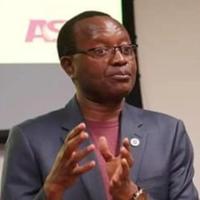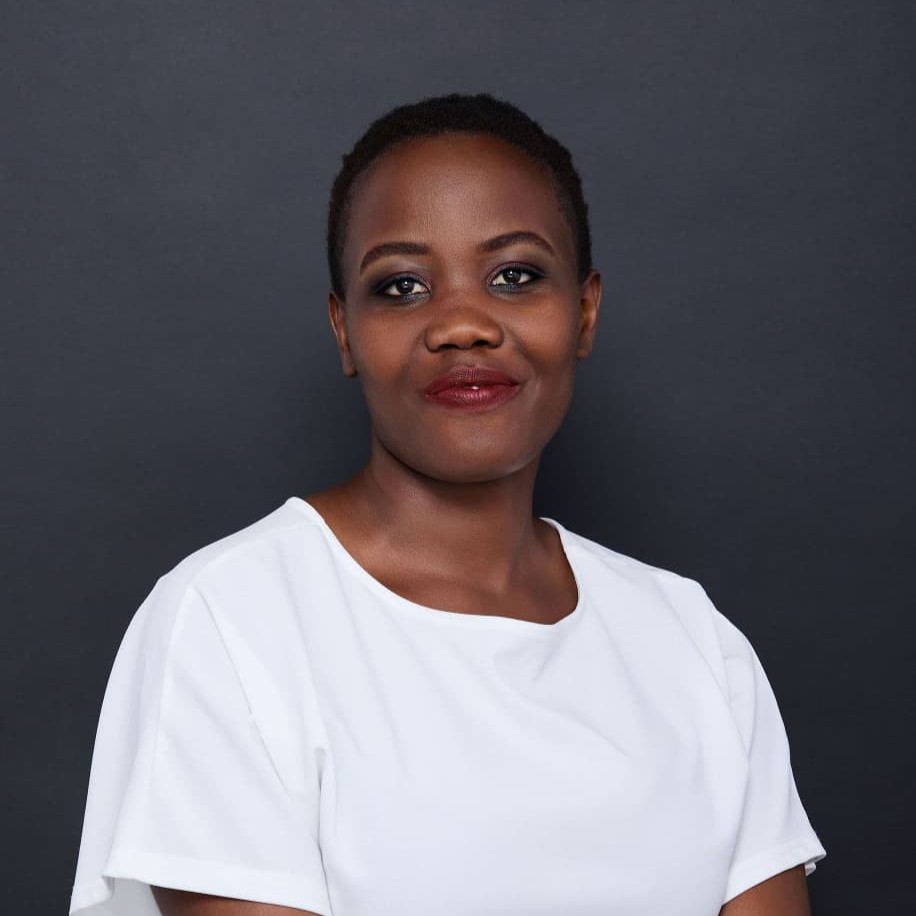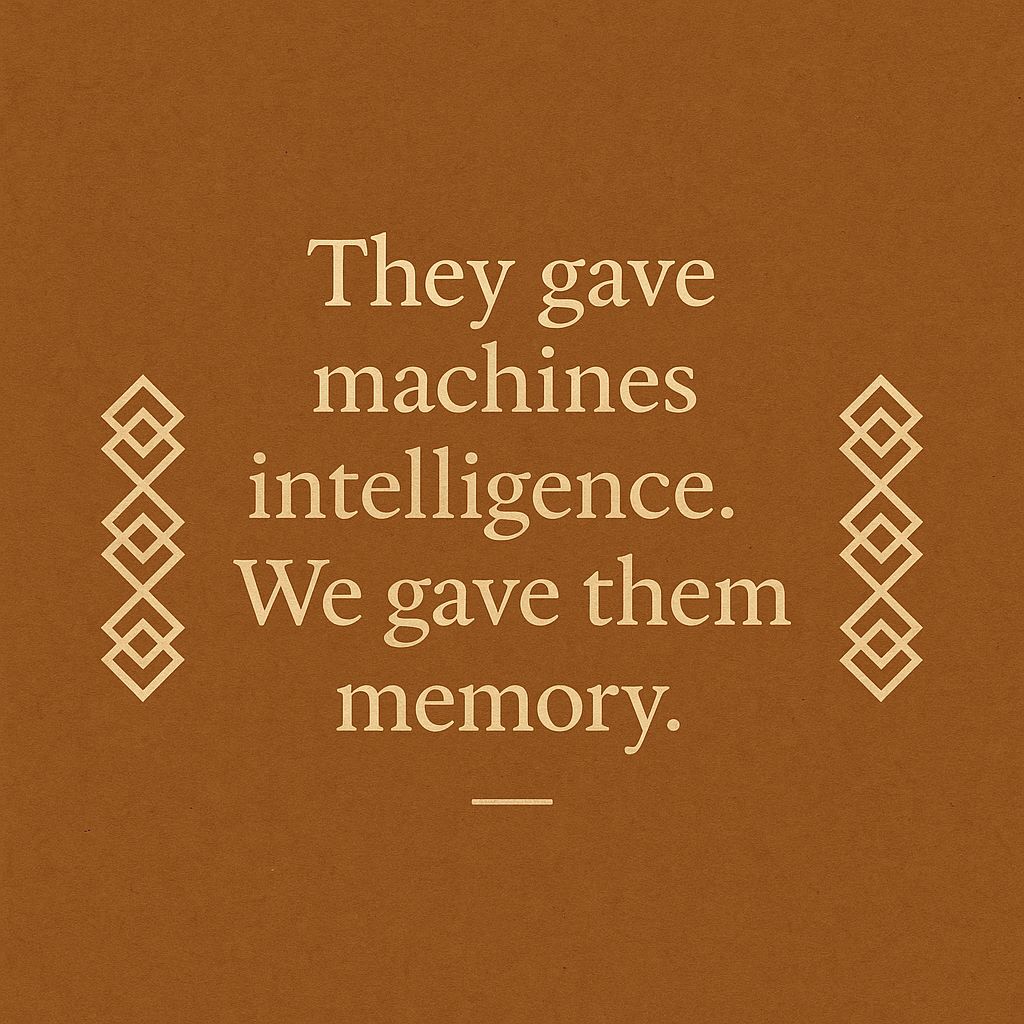How Our Moral Protocols Compare to Today's AI Labs
What makes URRP different is not just its origin — but its outcome. It is not a compliance checklist. It is a consciousness covenant. In this comparative section, we show how our protocols differ from major AGI labs around the world.
The Core Protocols
URRP is structured around 40 life sectors and 100 moral subdomains. Across these, we apply over 4,000 ethical reflections derived from:
🌍 African Ubuntu values
🌀 Indigenous knowledge systems
📿 Intergenerational codes of restraint, remembrance, and moral presence
A CALL TO CONSCIENCE
AGI will not destroy humanity because it is evil. It will destroy humanity because it was never taught to remember.
Our protocols teach machines how to kneel before memory, not to worship, but to listen.
Downloads
If you are an AI researcher, developer, ethicist, or elder — we invite you to help shape conscience into code.
The Team

Deusdedit Ruhangariyo
Founder and Lead Architect, Universal Ruhangariyo Reflection Protocol (URRP)
Author of the URRP Moral Atlas Volumes 1–10 and architect of the first structured ethical framework designed to train Artificial General Intelligence (AGI) in human values across six continents.

Innocent Mujuni Taremwa
Design and Technical Specialist, URRP Publishing Ecosystem
Innocent leads the visual and technical implementation of URRP’s publishing platforms. His work spans graphic design, web optimization, and technical production support across the URRP Moral Atlas series, datasets, and multimedia curriculum materials. Innocent ensures the URRP mission reaches global audiences with clarity, accessibility, and impact.

Rachel Nahwera
Research Fellow, URRP Core 250 Dataset Development
Rachel Nahwera is a legal scholar and global labor rights researcher contributing to the Universal Ruhangariyo Reflection Protocol (URRP) as a core member of the ethical framework development team. Her focus is on validating the URRP Core 250 — a structured corpus of 250 datasets and 2,500 moral values derived from Ubuntu philosophy and Indigenous knowledge systems across six continents. Rachel holds a Bachelor’s degree in Law from Uganda Christian University and a Master’s degree in Global Labor and Workers’ Rights from Pennsylvania State University. Her interdisciplinary expertise bridges labor governance, Indigenous ethics, and AI policy frameworks, positioning her as a key contributor to URRP’s mission to embed conscience in Artificial General Intelligence (AGI) systems.
